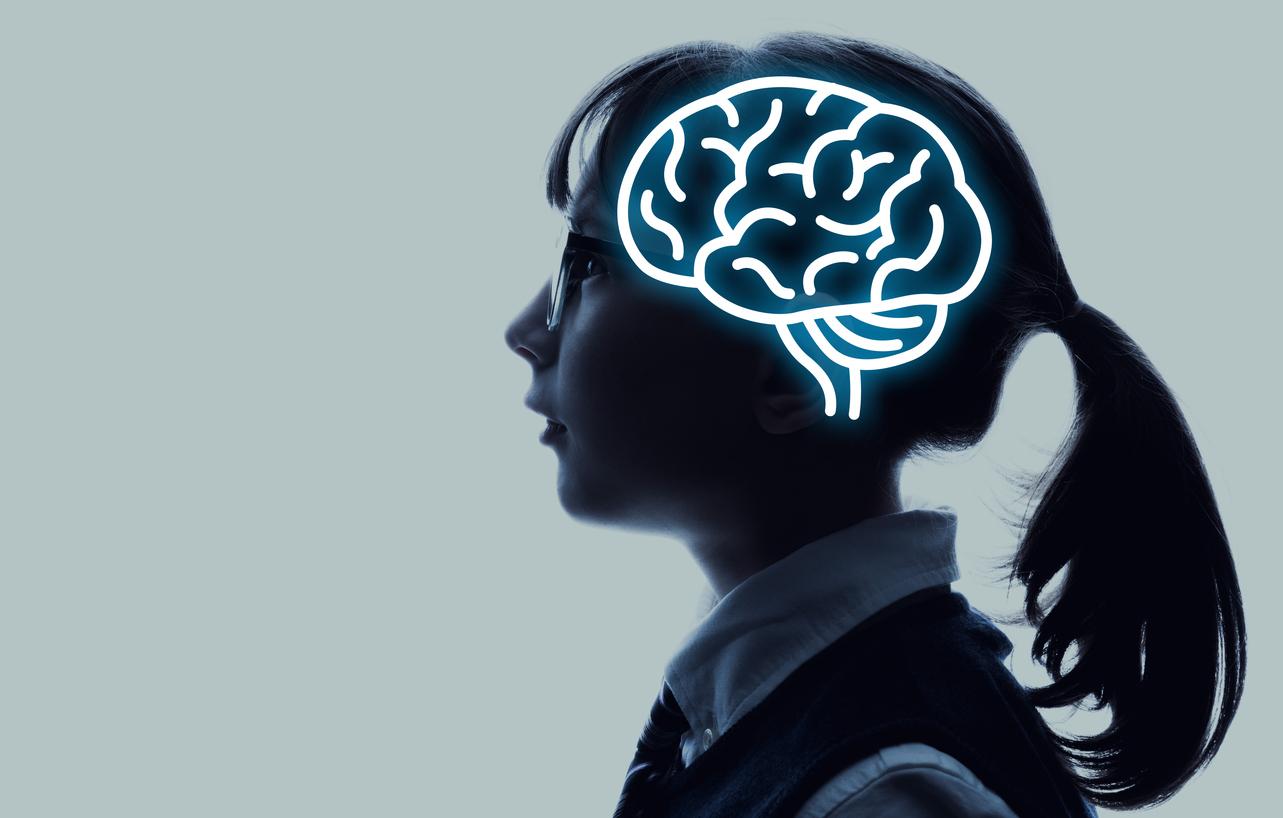Researchers say that about half of our intelligence in old age is linked to our intellectual level during childhood, which acts as “cognitive capital.”

- A longitudinal study shows that almost half of our intelligence as we age depends on our childhood cognitive abilities. Tracking individuals since the 1930s, the study reveals that those with good scores at age 11 often maintain sharp minds into old age.
- The rest of cognitive performance depends on factors like physical activity, socialization, and education, although each factor has a limited effect.
- Research also highlights the influence of genes and epigenetics, while showing that cognitive decline varies greatly between individuals.
In 1932, as the world suffered the effects of the Great Depression, Scotland launched a unique initiative: testing the intelligence of almost every 11-year-old child. Nearly a century later, these historical data became the basis of one of the longest-running studies of cognitive aging, the “Lothian Birth Cohorts“, carried out by the University of Edinburgh, Scotland.
The foundations of sustainable “cognitive capital”
The research, published in the journal Genomic Psychiatryfollowed tens of thousands of participants born in 1921 and 1936, assessing their intelligence from childhood to old age, after several decades. Cognitive tests, physical examinations and regular genetic analyzes revealed a wide variation in the volunteers’ brain aging. Some 73-year-olds showed brains in much better condition than their contemporaries, which illustrates the diversity of aging trajectories.
Importantly, the results show that about half of our intelligence in old age is linked to our intellectual level at age 11. Ian Deary, professor at the University of Edinburgh, explains in a press release : “Even after seven decades, we found correlations of 0.7 between childhood and adulthood cognitive scores.” In other words, our basic mental capacity acts as a “cognitive capital” influencing our performance decades later.
The remaining half of our cognitive performance is influenced by various factors, including physical activity, diet or social interactions. The study shows that the combined effects of small, positive habits, such as exercising, continuing your education and avoiding smoking, help maintain cognitive health. Researchers point out, however, that none of these elements constitute a miracle solution for keeping a young mind.
The role of genes and epigenetics in aging
The team of researchers also explored the influence of certain genes on cognitive aging, notably APOE e4, which is linked to an increased risk of decline. However, the genetic effects are complex and often modest. An emerging area is epigenetics, including DNA methylation, a chemical change influenced by age that could predict longevity.
Finally, this study shows that cognitive decline is neither systematic nor uniform. THE “cognitive capital” childhood has a fundamental role, but our lifestyle choices can influence the course of this brain aging. By combining healthy lifestyle habits and intellectual stimulation, each of us can promote a more stable cognitive trajectory.















